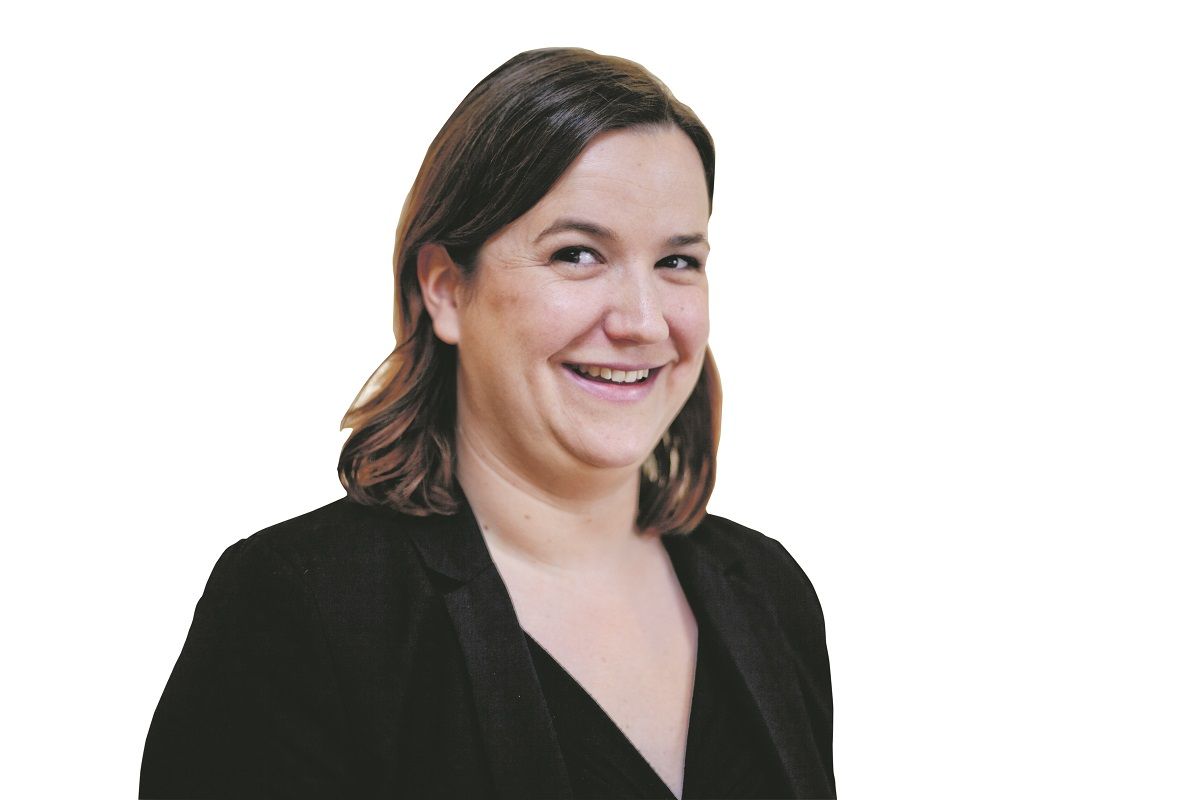Immigration is a difficult process, bureaucratically speaking. Proper checks must be made and that takes time. It is reasonable, immediately after a major rule change, if there are long waiting times as staff get to grips with new systems. But really though, what’s going on at the Immigration Service?
Young people turning 18 who came to Denmark as refugees in childhood have the opportunity to seek citizenship. There are many hoops to jump through, however, and they do not automatically have the right to a Danish passport. This year’s cohorts, who have done everything the Danish government has asked of them, are facing waiting times of more than a year for their citizenship paperwork and passports.
This is no big deal if the plan is to go straight to university and stay in the Schengen Area until 2014-15, but if a young person has plans to take a year out to travel or study, this means they must find the money for a visa application or postpone their plans. Visa applications are not always successful for holders of refugee passports, depending on the political climate of the country they would like to visit.
When is a Dane not a Dane? To become a Danish citizen is no mean feat. There are language and culture tests as well as rules about what you can and cannot do for a decade before you apply. The Danish government is saying that these young people are Danish and have Danish citizenship, but yet may not have the same opportunities as someone who became a citizen by virtue of their parents. The EU rules of free movement and agreements Denmark has made with non-European countries do not apply to Danish citizens while they hover in bureaucratic limbo.
How unfortunate that this gives the message to young people who have jumped through every hoop, fulfilled every criteria and made a positive choice to become Danish that they do not deserve fair treatment.
Meanwhile, those immigrants that the Danish state makes a big song and dance about desiring face similar problems. You read about these in the media intermittently. The waiting times, the loss of essential paperwork (a hint to Immigration Services: buy paperclips), and the letter that basically says “We have not looked at your application yet, despite having it for several months. When we get around to it, you will definitely hear from us at least seven months afterwards.” I paraphrase.
One of the biggest problems for everyone dealing with the immigration authorities is the variety of ‘advice’ you can get. If you check its website in Danish, the information can be different from what it is in English. If you ring Mette at 11am, she might give you different information than Jens at 2pm. You might ring several times, just to make sure that you are doing the right thing. Then when you get to the office, Pernille tells you that the rules simply do not allow the thing both Mette and Jens said was possible when you rang twice the day before.
The system is in chaos. There is no way that processing even a bumper crop of new passports after a citizenship test in a functioning system should take more than a year. Danish immigration law should not be so open to interpretation. Perhaps the underlying problem is a lack of staffing or poor leadership. The cynic in me wonders if it is deliberate, pour encourager les autres.
What needs to change, which is coincidentally the thing least likely to happen, is greater accountability. If Pernille, Jens and Mette felt that they might get in trouble for their incorrect interpretation of the rules or for not taking care of paperwork in a timely manner, wouldn’t they take more care over their work? Each applicant should have a named caseworker (and perhaps a spare for holiday periods). This caseworker should be the only one to respond to queries about the rules. This caseworker should personally check the paperwork and ensure that nothing gets lost. This caseworker should be personally responsible for the time between receipt and decision. If this means that there needs to be more caseworkers, then so be it.
















